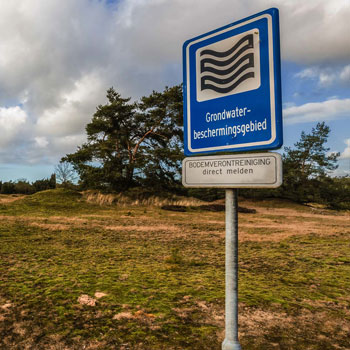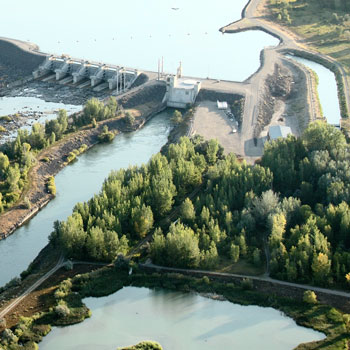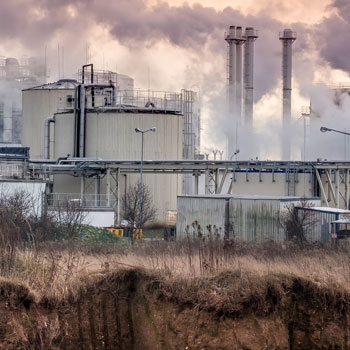Climate adaptation - obstacles and solutions
The project 'Co-Adapt: Climate adaptation through co-creation' identifies three obstacles to successful climate adaptation:
- In addition to the current actors, stakeholders should also be enabled to take initiatives through a more open policy-making process.
- Unsustainable urban and rural development in the '2Seas' area has led to degradation of natural water management and ecosystems. This has increased floods, pollution and drought.
- Though the effects of climate change are uncertain, it is now necessary to decide and define flexible, adaptive strategies that do not block further necessary adaptation measures.
The solutions that the 'Co-Adapt' project is proposing are based on the principle of co-creation between policy makers, scientists and stakeholders, whereby sustainable results can be achieved within the concept of adaptation paths. The project team is demonstrating this approach in six case study areas in the coastal regions along the southern North Sea and the English Channel. Together with the water managers in the consortium, the 'Co-Adapt' project expects that a region of 30,000 ha will be more resilient in this way in the event of floods and drought. The proposed strategy is expected to be adopted by 50 regions.
Co-Adapt: Climate adaptation through co-creation - organisation
The Open University is a research partner of the consortium, which also consists mainly of water managers from the four participating countries: Northern France, Southwest England, Flanders and the Netherlands.
Dr. Ir. Angelique Lansu is the project leader for the Open University (OU). She works as a lecturer in earth sciences at the Science department of the OU. Her research activities focus both on the study of terrestrial socio-ecological processes in the water-energy-food-nexus and on competence-based learning for sustainable development and online learning environments. She obtained her PhD (2013) on methods for bringing together professional requirements and academic standards in training courses, including in nature-based solutions for water management.
A vacancy is open to a full-time PhD student who will perform and study the upscaling and downscaling of regional climate scenarios within the PhD research within the 6 innovative climate adaptation projects. Promoters are Prof. Dr. Stefan Dekker and Prof. Dr. Dave Huitema.
Prof. Dr. Stefan Dekker is Professor of Integrated Environmental Modelling at the OU. Dekker has numerous (international) publications to his name and conducted extensive research in the fields of water, climate, ecosystems and eco-hydrology.





